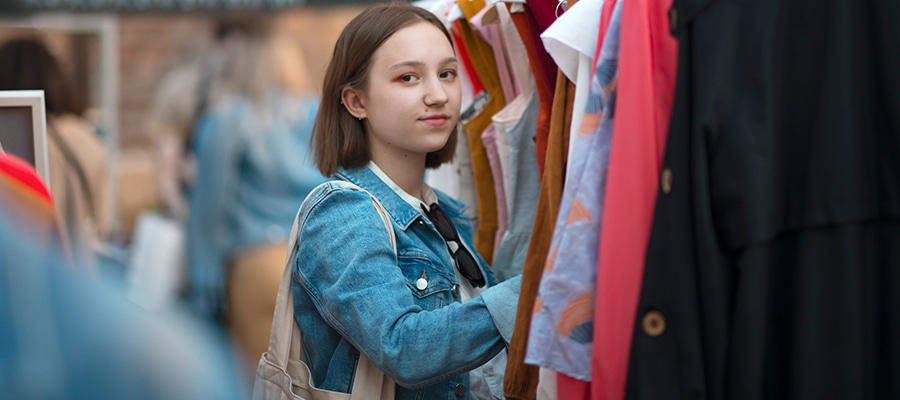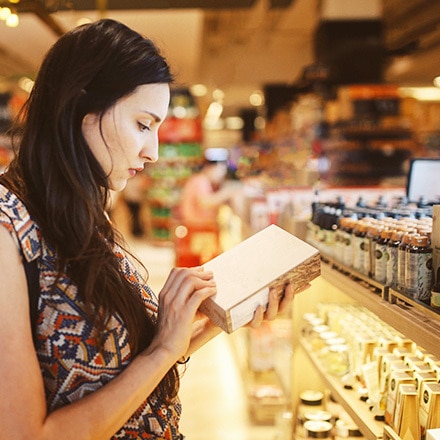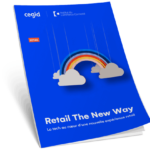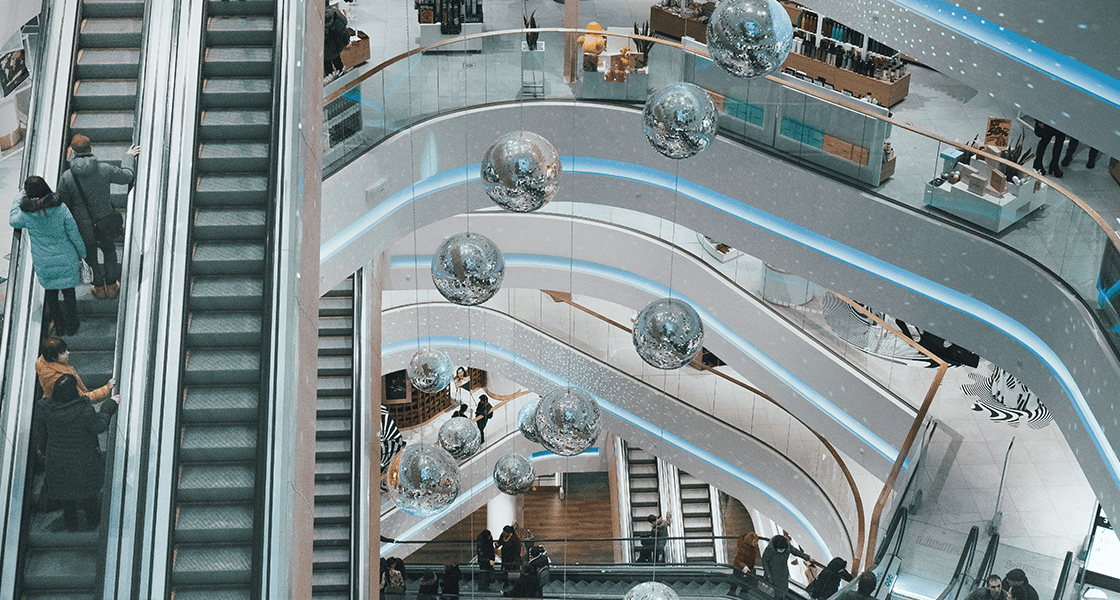Retail & Distribution
The increasing importance of sustainability for retail consumers
16 July 2020

Experience over product
Consumers are acting on their concern over the impact of clothing production by buying second hand, but another trend is also influencing their buying behaviours. Some age groups, mainly the under 30s, are starting to favour experiences over products, partly in pursuit of novelty but also more and more are living in smaller accommodation due to the high costs of buying and renting, so they simply do not have the space for more stuff.
Companies such as Vinted, Depop and Poshmark have grown on the back of this demand, acting as marketplaces similar to eBay, but primarily for clothing, shoes and accessories. At the same time, a younger demographic is now frequenting thrift and charity shops, partly because of the lower costs but also to express their individuality which many feel has been lost in a consumer society.
Mainstream brands are embracing second hand alongside new. H&M are embracing second hand and at the end of 2019 took a majority stake in Sellpy, a re-commerce platform that sells second-hand clothes, after initially investing in the company back in 2015. Meanwhile, Gap has become the largest distribution partner for fashion resale platform ThredUp. The retail company will join ThredUp’s Resale-as-a-Service program (RAAS), which allows retailers to offer consumers clothing resale option. And Swedish brand, Nudie Jeans will repair customers’ jeans for life for free, while Reformation is dedicated to upcycling – taking existing clothes and textiles and either repairing or customizing them to offer unique, new products. And a number of brands have been making special collections made from recycled ocean plastic or glass, in order to avoid using new material, including Norton Point which makes sunglasses and Adidas which makes recovered plastic sneakers in partnership with Parley.
Canada Goose recently launched their buy-back scheme where customers could sell their fur collars back to the brand so they can reuse the fur. L’Oréal brand La Roche–Posay is the first makeup brand to use cardboard for its tubes. While Aesop with its parent brand Natura & Co is committing to zero carbon, 100% of its packaging materials either reusable, recyclable, or composable by 2030, and greater diversity in its management teams and pay equality at every level.
What consumers look for when they shop now, based on their beliefs :
- Where has the item been produced?
- Using what materials?
- Are any of these materials likely to affect my health / skin?
- What is the impact on the environment & animals?
- Do I trust this company’s attitude to the Planet and its workers and suppliers?
- Do I want to buy from a global brand or would I be happier buying from a smaller, independent business?
- Should I invest more into local businesses to support my community?
- Am I prepared to put quality before quantity, so buy less items with a higher price than buying loads of cheap products.
What this means for how customers are served in store

In store, retail staff will need to be differently trained, informed and equipped if they are to provide service to customers that have so many expectations about how brands should behave as ambassadors for sustainability. They will need to know so much more about the products they are selling – where were they were manufactured? Are the factory workers well treated? What materials were used and the product be recycled? Do you get involved in local community initiatives, fun runs etc?
72 %
of consumers buy more environmentally friendly products today than they were five years ago.
Sustainability is no longer a page on the Corporate & Social Responsibility section of the brand’s web site, but a journey in which every member of staff is an active participant. More and more, consumers will judge their favourite brands at this level and vote with their wallets. Whether they will pay a premium for the cost of the lengths brands are going to be sustainable remains to be seen; according to research in 2019 by Accenture, just over half would pay more. What is encouraging is that 72% of respondents were buying more environmentally friendly products than they were five years ago.
Read the latest ebook on retail trends: Retail The New Way.

Sources
https://www.fashionrevolution.org/about/transparency/
https://www.voguebusiness.com/sustainability
https://www.mckinsey.com/industries/consumer-packaged-goods/our-insights/mckinsey-2020-global-consumer-sentiment-survey-a-tale-of-two-segments
https://www.premiumbeautynews.com/en/natura-co-unveils-new,16832
https://www.goodhousekeeping.com/clothing/g27154605/sustainable-fashion-clothing/


